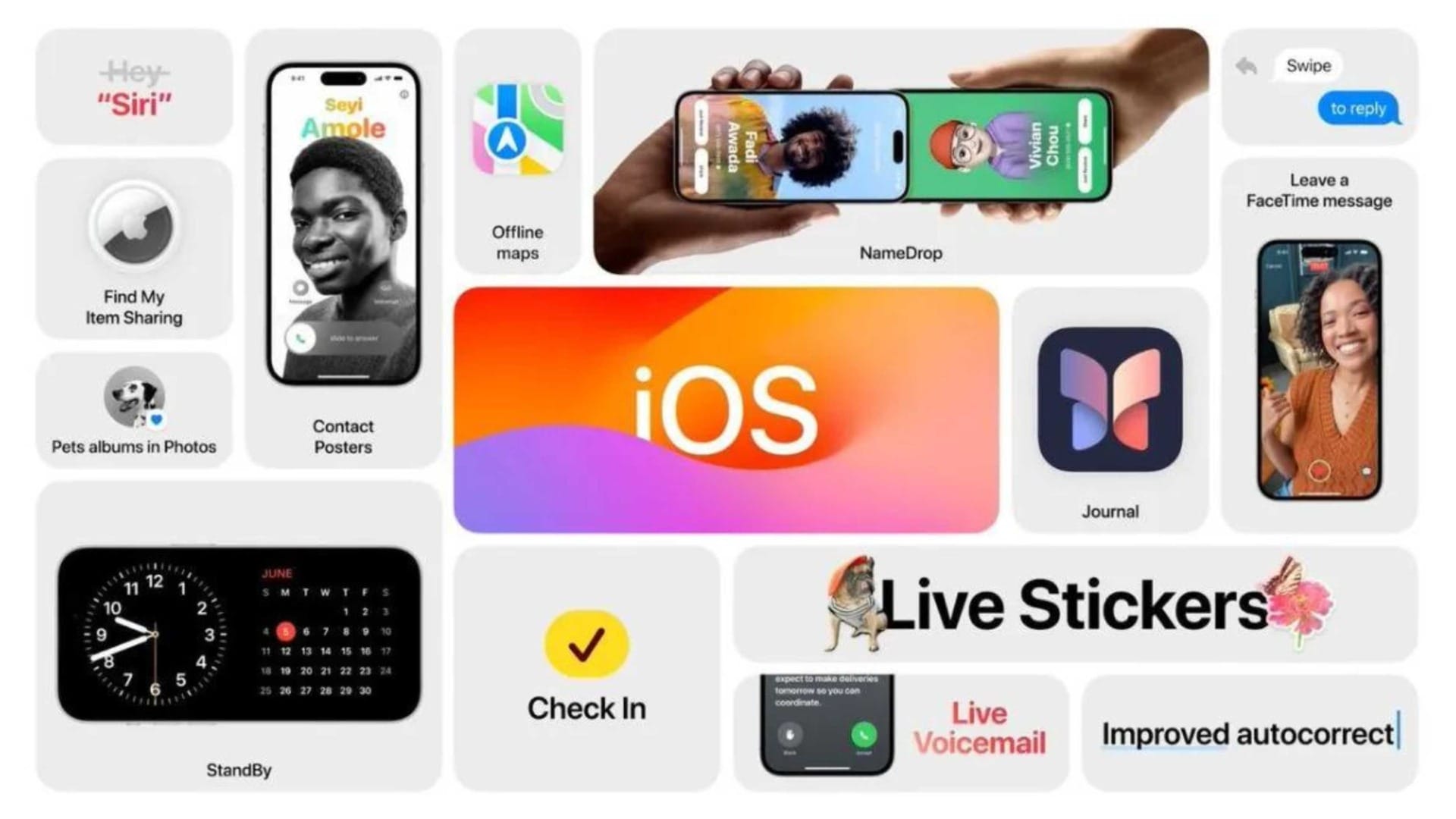Apple’s AI integration in iOS 18: What you need to know
Discover how Apple's new AI features in iOS 18 are set to revolutionise your iPhone experience, but only on their latest models.

Get ready for the most impressive AI integration with Apple’s new intelligence features on iOS 18. These advancements promise to revolutionise your iPhone, offering capabilities like managing your notifications, rewriting text, and taking actions based on what your device knows about you. However, these cutting-edge features will only be available on Apple’s latest and most expensive iPhone models.
Table Of Content
The push for AI and hardware upgrades
AI has swiftly become the tech industry’s new frontier, driving a fresh wave of upgrades. Like in past races for 5G or 3D TV, tech companies now embed AI features into their latest devices. This rush is happening so quickly that the technology’s usefulness and potential problems still need to be fully explored.
To enjoy Apple Intelligence on an iPhone, you’ll need an iPhone 15 Pro (starting at US$999) or an iPhone 15 Pro Max (starting at US$1,199). Unfortunately, this leaves iPhone 15 and 15 Plus users, with devices less than a year old, unable to access these new features. iPad and Mac users fare better; any device with an M1 chip or newer will support Apple Intelligence, meaning devices from the past few years are compatible. The M-series chips are yet another reason Apple encourages hardware upgrades.
Hardware requirements and industry trends
Apple’s insistence on new hardware isn’t arbitrary. Running advanced AI systems demands significant processing power. Apple isn’t alone in this; other tech giants also limit their latest AI software to new hardware. Microsoft’s new Copilot Plus PCs and Google’s initial restriction of its Gemini Nano model to the Pixel 8 Pro are similar examples.
However, the necessity of these hardware limitations remains to be debated. Apple hasn’t clarified why older iPhones can’t use Apple Intelligence. While many AI features run locally, the cloud handles more complex tasks. Google’s recent decision to make the Gemini Nano available on the regular Pixel 8 suggests that these restrictions might be more relaxed. Apple declined to comment on these hardware limitations.
The impact on users and future upgrades
As an iPhone 12 Mini enthusiast, I think this upgrade push could be much better. Since its release in 2020, the compact phone has been ideal for me, despite its weak battery. I’ve avoided upgrading for years, saving money while enjoying most new iOS features.
I planned to keep my Mini until it no longer worked. However, if these Apple Intelligence features prove useful, I might consider upgrading sooner.
You don’t need to rush into buying new devices solely for AI features. iOS 18 will be available on all iPhones that currently support iOS 17, which includes models as old as the 2018 iPhone XR and XS. This means many users will still enjoy benefits like improved home screen customisation, new messaging tools, and the Passwords app. Similarly, your existing Windows machine or Pixel phone will continue to serve you well.
Nonetheless, tech companies like Apple, Microsoft, and Google will keep integrating new AI features that require more powerful hardware. They believe these features will be compelling enough to persuade you to upgrade, even if your current device still meets your needs.
















